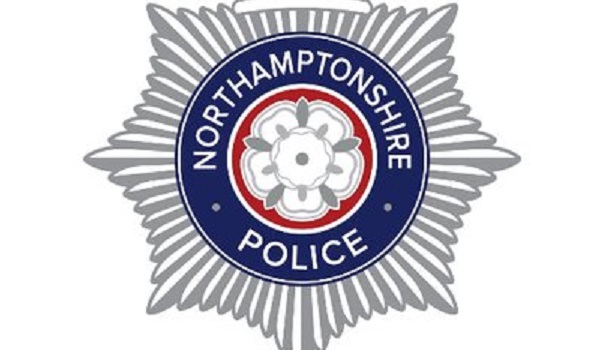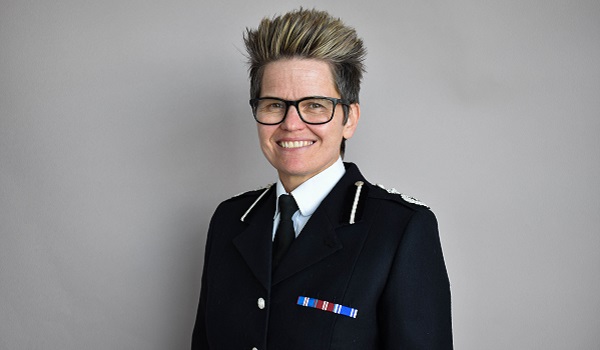Police Scotland can issue warnings to Class A drug users
Officers from Police Scotland are to be given the power to hand out warnings for possession of heroin, cocaine and other hard drugs, rather than seeking prosecution.
The Lord Advocate Dorothy Bain QC announced in Holyrood on Wednesday (September 22) that a scheme which allows Police Scotland officers to give those in possession of Class B or Class C drugs an official warning would be extended to include Class A substances.
The change came following a review ordered by the previous lord advocate James Wolffe QC but critics say it amounts to a de-facto decriminalisation of drugs in Scotland.
Ms Bain said: “I have considered the review and I have decided that an extension of the recorded police warning guidelines to include possession offences for Class A drugs is appropriate.
“Police officers may therefore choose to issue a recorded police warning for simple possession offences for all classes of drugs.”
“In confirming the extension, I wish to make four things clear. Firstly, the scheme extends to possession offences only. The scheme does not extend to drug supply offences. Robust prosecutorial action will continue to be taken in relation to the supply of controlled drugs.
“Secondly, recorded police warnings do not represent decriminalisation of an offence. Recorded police warnings represent a proportionate criminal justice response to a level of offending and are an enforcement of the law.
“Thirdly, neither offering nor accepting a recorded police warning is mandatory. Police officers retain the ability to report appropriate cases to the Procurator Fiscal. Accused persons retain the right to reject the offer of a warning.
“Finally, neither offering a recorded police warning nor reporting a case to the Procurator Fiscal prevents an officer referring a vulnerable person to support services.”
The change has been made in an attempt to address the drugs death crisis gripping Scotland, which saw 1,339 people die from overdoses in 2020. It is part of a wider range of measures that provides alternatives to traditional prosecution.
Ms Bain added: “The range of options available to police, prosecutors and courts reflects the fact that in Scotland there is no one size fits all response to an individual found in possession of a controlled substance or an individual dependent on drugs.
“The most appropriate response – the smartest response – in any drugs case, must be tailored to the facts and circumstances of both the alleged offence and the offender. Scotland’s police and prosecutors are using the powers available to them to both uphold the law and help tackle the drug death emergency.”







